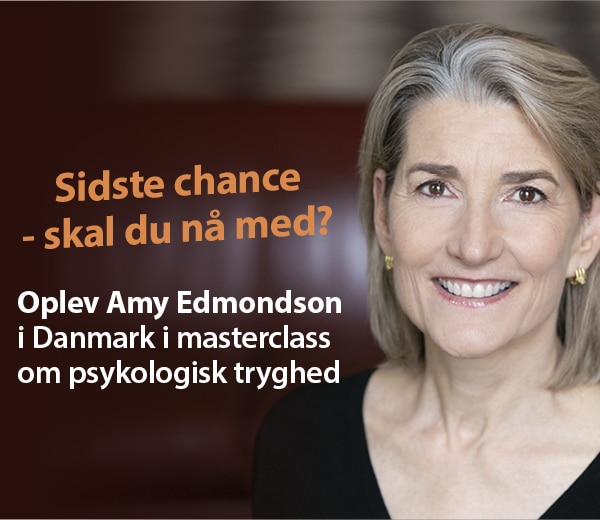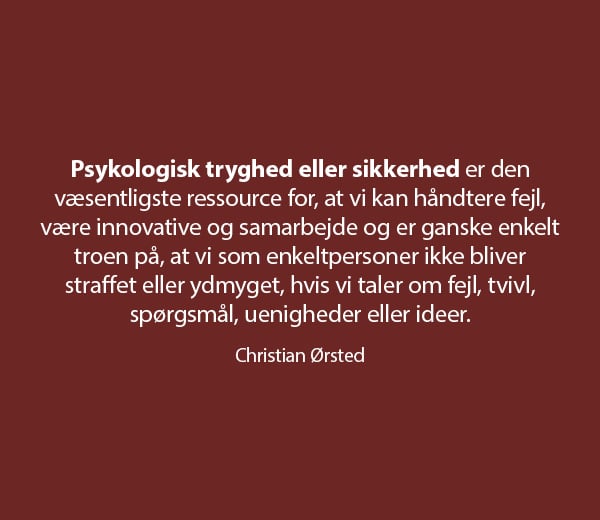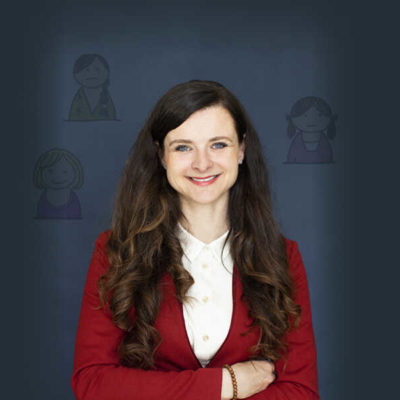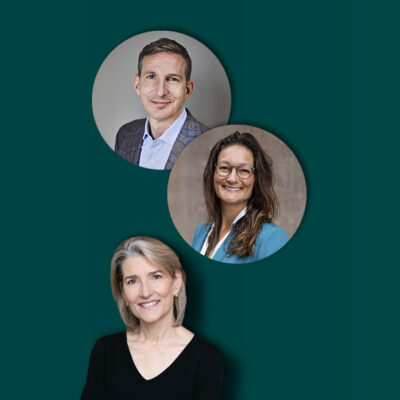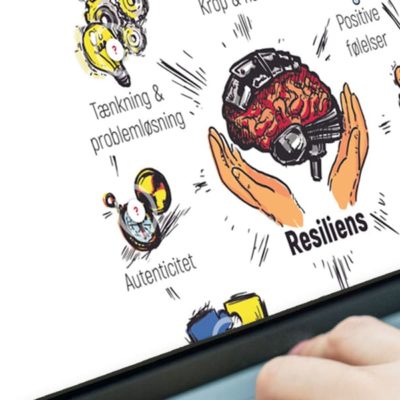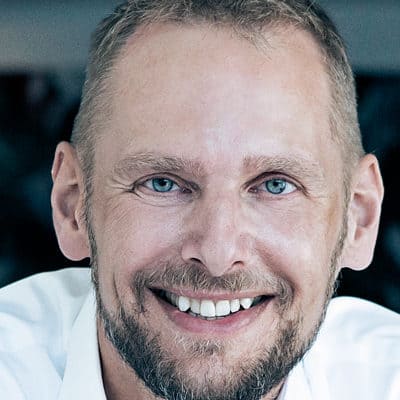Kort fortalt er psykologisk tryghed den væsentligste ressource for, at vi kan håndtere fejl, være innovative og samarbejde og er ganske enkelt troen på, at vi som enkeltpersoner ikke bliver straffet eller ydmyget, hvis vi taler om fejl, tvivl, spørgsmål, uenigheder eller ideer. Du kan læse mere om psykologisk tryghed i artiklerne, "Hvad er psykologisk tryghed, og hvorfor er den vigtig?" samt "Psykologisk tryghed - en mulig vej til en kollaborativ kultur".
Ikke nok med at du på masterclassen kommer i særdeles kompetent fagligt selskab med Amy Edmondson, så byder den også på endnu en ekspert i form af ledelsesrådgiver og bestsellerforfatter, Christian Ørsted. Han er bl.a. fagredaktør på “Den frygtløse organisation”, den danske udgave af Amy C. Edmondsons prisvindende bog. Herudover er han den første dansker, der har opnået titlen som The Fearless Organization Certified Practitioner (FCP).
Christian Ørsted har arbejdet med psykologisk tryghed siden 2014 og har hjulpet en lang række danske virksomheder, offentlige myndigheder etc. med at få implementeret psykologisk tryghed. Det er bl.a. denne store erfaring, han trækker på i løbet af masterclassen, når han bidrager med konkrete redskaber til, hvordan du og dine kollegaer får implementeret psykologisk tryghed i jeres organisation.
Hvad kan du forvente af masterclassen?
For at du får så ny og aktuel viden som overhovedet muligt, bliver det præcise program for masterclassen først tilrettelagt og offentliggjort senere. Vi kan dog nu løfte sløret for de overordnede punkter på masterclassen:
1. Building a Fearless Organization – the Role of Psychological Safety
Left to their own devices, people hold back. They don’t express their thoughts, ask questions, offer critique or dissent, or brainstorm out loud. And they certainly don’t admit to failures. Psychological safety creates a culture in which a minor flub or momentary lapse is no big deal but rather quickly corrected, and where actual mistakes are owned and corrected, and where the next left-field idea could be the next big thing. We will discuss why psychological safety matters and explore the role managers play in creating this type of culture to promote innovation, growth, and learning
- What psychological safety is, what is it not, and why it matters today more than ever
- What can you do to build psychological safety? – behaviors, tools, and processes
2. Smart Failure? When Failure is Intelligent, When it’s not, and Why it Matters for Senior Executives
The growing chorus of enthusiasm for the role of failure in today’s organizations glosses over essential distinctions that every leader needs to understand to put smart failure to work in pursuit of innovation and growth. This session introduces a framework that distinguishes basic, complex, and intelligent failure types, and uses case examples to show how companies can truly “fail well.”
- Barriers to learning from failure effectively
- Practical approaches to employing a healthy, fact-based appreciation for the role of failure in successful business today
3. The Power of Teaming
Most of the advice on how to build and manage great teams pertains to stable, bounded teams. Yet today, more and more of the work is not done in this manner. Instead teamwork is increasingly dynamic and fluid – less and less likely to occur in bounded, well defined teams. Instead, organizations are pulling people together is constantly shifting configurations, and must learn how to consolidate knowledge quickly. We examine why teaming among shifting people, with diverse expertise, is even more vital when the context is unfamiliar and fast moving. We also discuss why cross-boundary teamwork is fraught with difficulty and thus more likely to fall short than to succeed, and how to change that. And finally, we will explore team process failures – and how to avoid them.
- The need for teaming (fluid collaboration across boundaries such as function, location, or expertise)
- How to lead in a crisis – or at least in the face of extreme uncertainty
Målgruppe:
Masterclassen er målrettet topledere, chefer, mellemledere, ressourcepersoner, konsulenter og (organisations)psykologer i den offentlige sektor og i erhvervslivet samt andre med interesse for emnet.
Bemærk: Størstedelen af dagen foregår på tydeligt og letforståeligt engelsk. Når Christian Ørsted sætter psykologisk tryghed ind i en dansk kontekst, vil det dog ske på dansk.
Hvis det bliver nødvendigt pga. corona, bliver masterclassen afholdt virtuelt.

